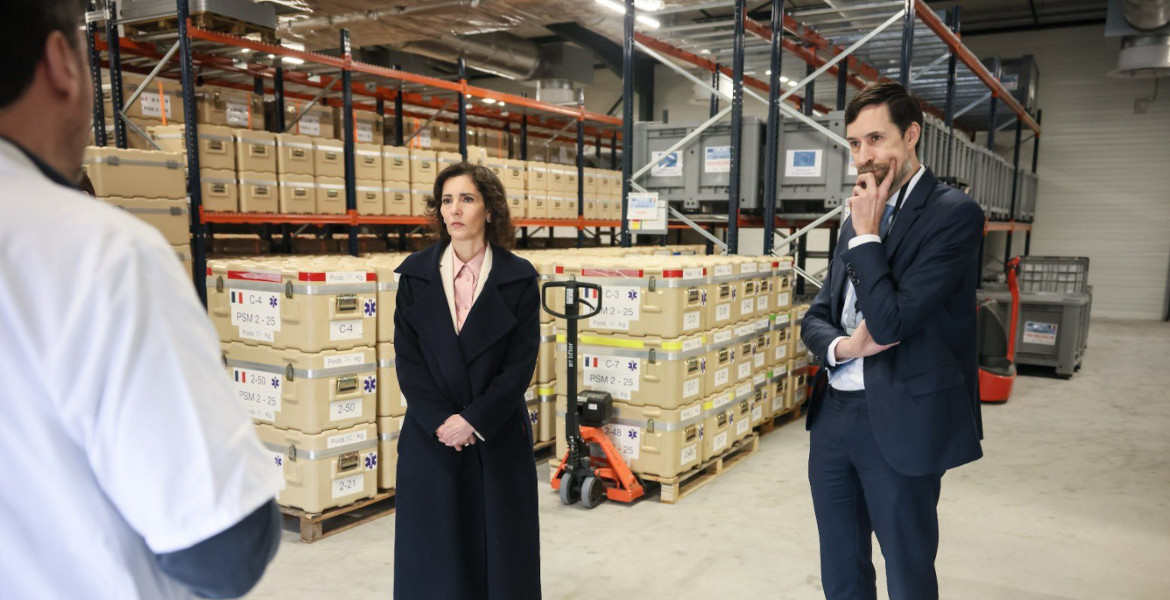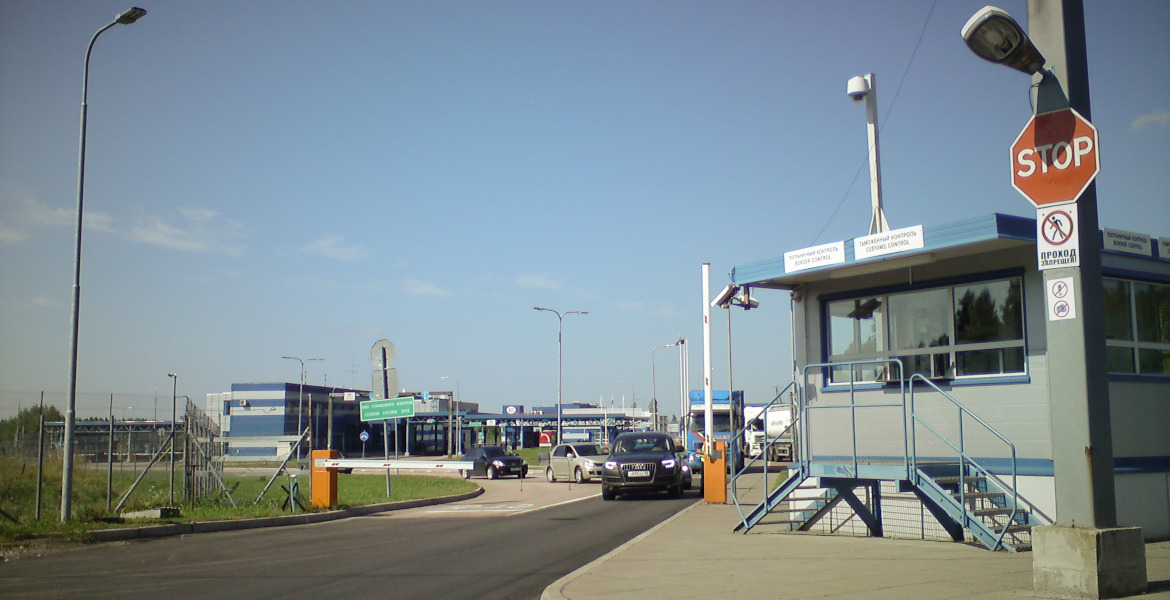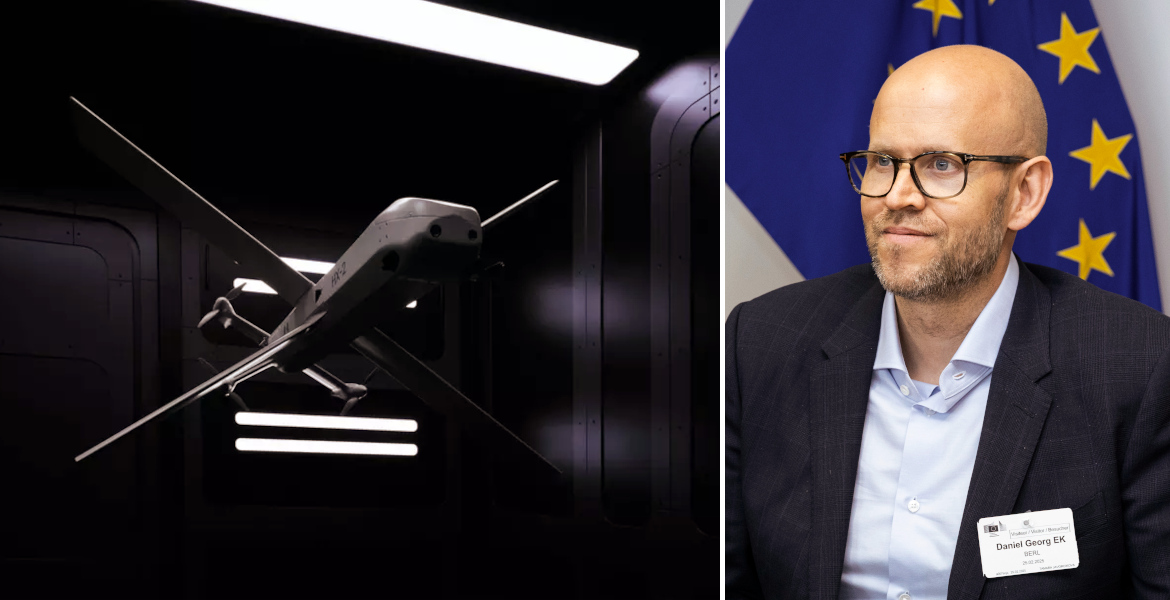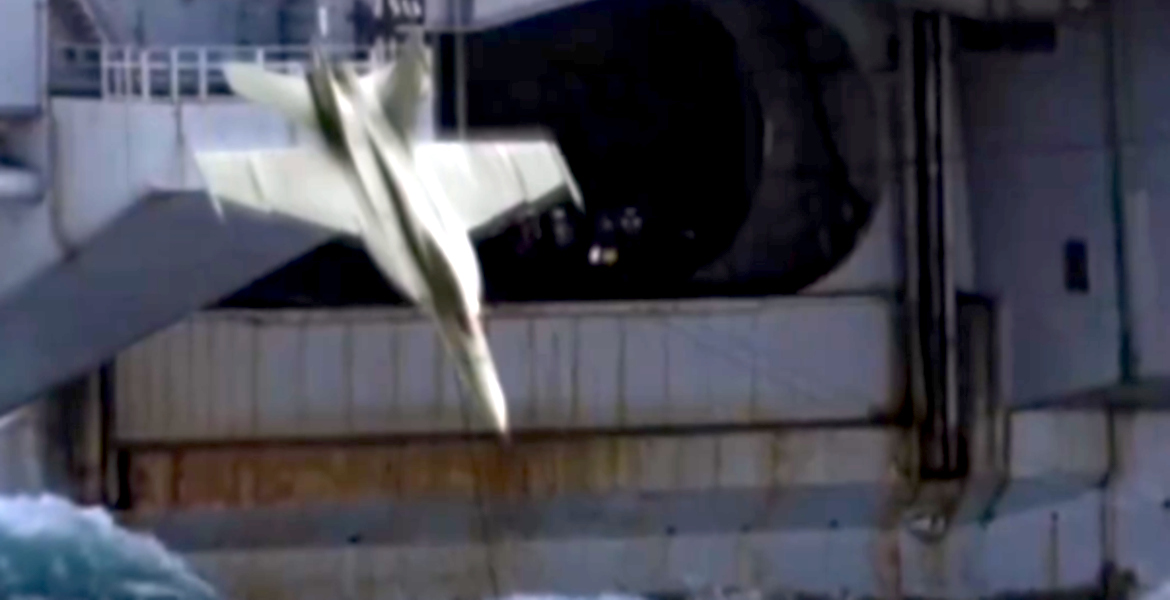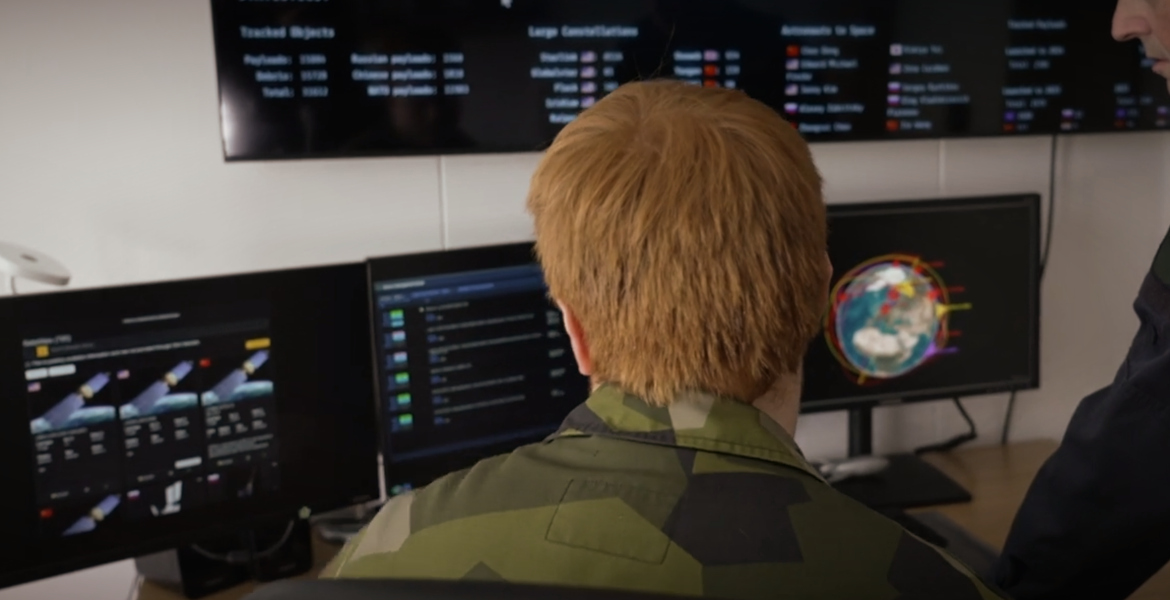Hungarian Foreign Minister Péter Szijjártó criticizes the EU's call for citizens to prepare 72-hour survival kits, saying it is a sign that Brussels is preparing for war rather than peace. The statement comes in the context of the EU's new crisis response strategy, which has provoked strong reactions in several member states.
The European Commission recently presented a strategy to strengthen crisis preparedness in the Union, calling on citizens to have food, water and other supplies to last 72 hours in the event of a crisis. The strategy, launched on March 26, 2025, aims to prepare Europeans for everything from natural disasters to military conflicts.
Péter Szijjártó is highly critical of the EU's approach and questions why it is focusing on war preparations.
"When we heard Brussels was proposing a 72-hour survival kit for Europeans, we thought it was some kind of trolling. Sadly, it’s not", he writes in a statement on X.
The minister links the EU's actions to the conflict in Ukraine and says Brussels is deliberately avoiding peace processes. He points out that there is a possibility of a ceasefire and peace talks after Donald Trump's return to power in the US, but that the EU is moving in the opposite direction.
"Brussels is clinging to a failed pro-war policy", says Szijjártó.
Visited one of the #rescEU medical stockpiles in France – vital equipment ready to deploy within hours in case of emergency. Strengthening rescEU and health crisis readiness is part of the Preparedness Union Strategy.
For faster, efficient crisis response. #HERA #ECHO pic.twitter.com/Wwsntw7oZV
— Hadja Lahbib (@hadjalahbib) March 28, 2025
Demand for answers on Ukraine funds
Szijjártó also suggests that the EU's war rhetoric may have a hidden agenda. He argues that as long as the war in Ukraine continues, European politicians will not have to take responsibility for past failures.
"Why? Because as long as the war continues, pro-war European politicians can avoid taking responsibility for three years of failure, and avoid answering an extremely uncomfortable question: where is the money that was sent to Ukraine?" he asks.
The statement comes amid tensions between Hungary and the EU, where Hungary has previously opposed EU sanctions against Russia and criticized aid to Ukraine. Szijjártó has also previously defended Hungary's right to pursue an independent policy, including by keeping channels of communication with Russia open.
EU strategy sparks debate
The EU's crisis response strategy has met with mixed reactions. While some see it as a necessary precaution in uncertain times, where "pandemics", natural disasters and regional conflicts are looming, others, like Szijjártó, have interpreted it as a step towards military escalation. EU Commissioner Hadja Lahbib, who is responsible for crisis preparedness, has stressed the importance of being "ready for anything" and showed an example of a survival kit in a video on social media.
Szijjártó concluded his statement by calling on the European Commission to explain its actions.
"We call on the European Commission to explain: why prepare for war, not peace?"
